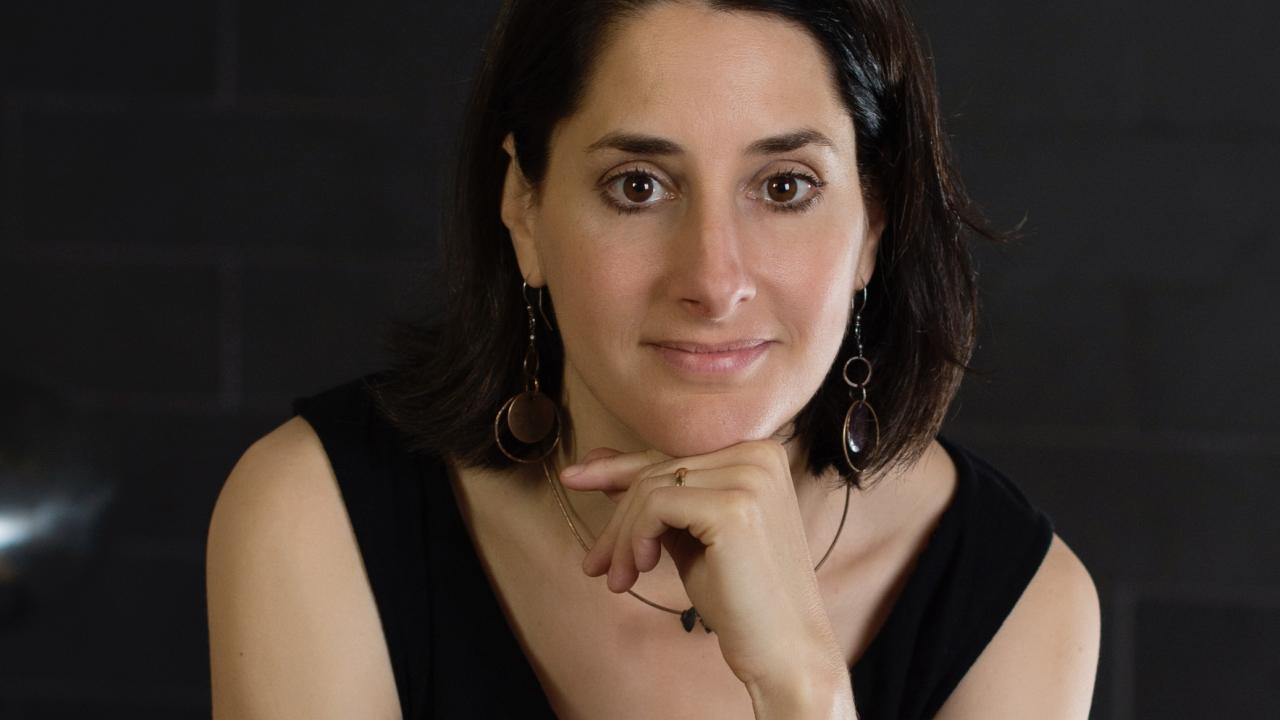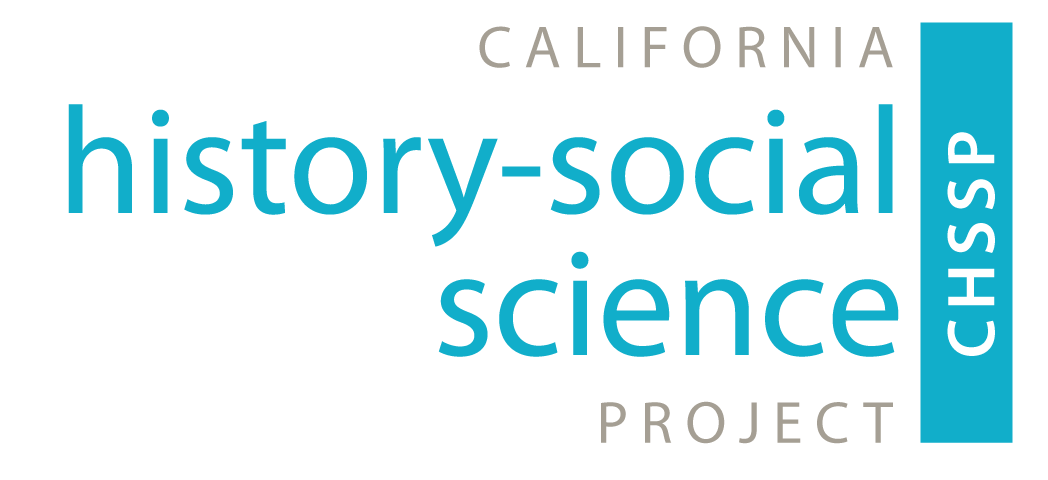
Award-Winning Neuroscientist, Psychologist, and Former K-12 Teacher to Kickoff Grade Groups Series
USC Professor to Discuss Impact of Trauma on Student Learning and Psychological Development
Mary Helen Immordino-Yang, Ed.D.,an award-winning scientist, psychologist, and former K-12 teacher, served as keynote speaker to kick off the California History-Social Science Project’s 2020 Grade Groups online professional learning series on September 24, 2020. We recorded Professor Immordino-Yang's presentation, and embedded it in this webpage below.
Immordino-Yang is a Professor of Education, Psychology and Neuroscience at the University of Southern California and Director of the USC Center for Affective Neuroscience, Development, Learning and Education (CANDLE). She studies the psychological and neurobiological development of emotion and self-awareness, and connections to social, cognitive and moral development in educational settings. Her work has a special focus on adolescents from low-SES communities, and she involves youths from these communities as junior scientists in her work. Immordino-Yang will share her perspective on how trauma can impact children’s psychological and cognitive development and how educators can best support their students at the first meeting of Grade Groups 2020, scheduled for September 24 from 4 - 5:30 pm.
In The Brain Basis for Integrated Social, Emotional, and Academic Development (Aspen Institute, 2018), Immordino-Yang and co-authors Linda Darling-Hammond and Christina Krone wrote that, “the brains of children and adolescents who experience persistent adversity respond by strengthening circuits that promote aggressive and anxious tendencies at the expense of circuits for cognition, reasoning, and memory.” The co-authors went on to note that “an appreciation of how brain development varies across individuals and accommodates environmental demands can give educators insights into the types of supports and interventions that might prove most helpful for different children.”
A former urban public junior high-school science teacher, Mary Helen Immordino-Yang earned her doctorate at Harvard University in 2005 in human development and psychology and completed her postdoctoral training in social-affective neuroscience with Antonio Damasio in 2008. Since then she has received numerous awards for her research and impact on education and society, among them an Honor Coin from the U.S. Army, a Commendation from the County of Los Angeles, a Cozzarelli Prize from the Proceedings of the U.S. National Academy of Sciences editorial board, and early career achievement awards from the AERA, the AAAS, the APS, the International Mind, Brain and Education Society (IMBES), and the Federation of Associations in Behavioral and Brain Sciences Foundation (FABBS). Immordino-Yang was a 2018-2019 Spencer Foundation mid-career fellow. Immordino-Yang served on the U.S. National Academy of Sciences committee writing How People Learn II: Learners, Contexts and Cultures, and is also the author of Emotions, Learning, and the Brain: Exploring the Educational Implications of Affective Neuroscience (Norton, 2015).
